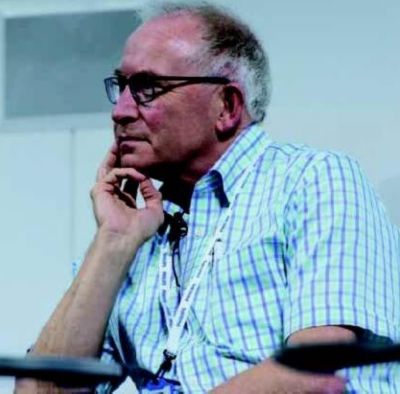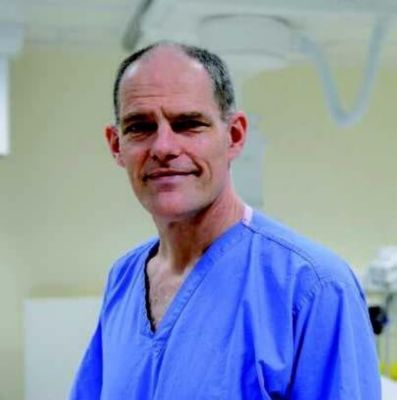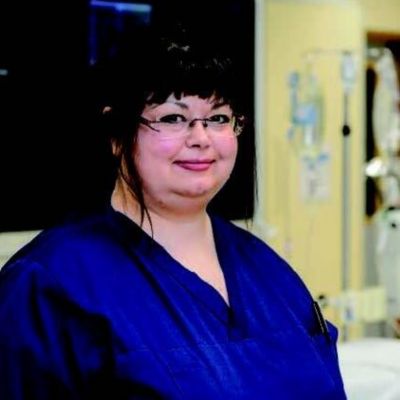Philips Azurion delivers next-generation benefits for Nottingham City Hospital
- Featuring | |
- March 17 2025
- 3 min read
Nottingham University Hospitals Trust conducts about 1,200 percutaneous coronary interventions (PCIs) every year. The cardiology department is exceptionally busy, with most interventional procedures taking place in just two interventional labs. Acquisition of a new Philips Azurion Image Guided Therapy System helped transform its workflow, increase throughput, and reduce x-ray dose while delivering equivalent image quality.
At-a-glance:
- Partner
- Nottingham University Hospitals Trust specializes in cardiac care for 2.5 million people from Nottinghamshire and nearby counties.
- Challenge
- The center needed to deliver a high throughput of complex cases, at a low dose to patients and staff.
- Solution
- Adopting the Philips Azurion Image Guided Therapy System and its interventional tools helped with staff workload and with getting more patients treated.

High expectations
Andy Rogers, Head of Radiation Physics, leads the team of scientists and technologists that support imaging and radiation safety across the Trust. When the team were offered the opportunity to trial the new-generation Philips Azurion Image Guided Therapy System, they jumped at the chance. Rogers felt that the new system would not only help to alleviate a heavy workload, but also provide new opportunities for advancement with Azurion’s ability to integrate cutting-edge interventional tools, including third-party equipment. “The main challenges faced by the cardiology department at Nottingham are essentially workload and the need to keep the waiting list down with stretched resources,” he says.
The main challenges faced by the cardiology department at Nottingham are essentially workload and the need to keep the waiting list down with stretched resources.

Excellent dose management
One of the biggest attractions of Philips Azurion is the opportunity that the technology provides to manage radiation dose. Cardiologist Will Smith wanted a more modern system to be able to better manage the operator dose and, in turn, patient dose. He’s found that indeed the new system is delivering high-quality diagnostic images with a low dose – even in complex procedures. He describes a typical complex procedure: “In a 90-minute case with 30 minutes screening time, we only used half a gray of radiation to successfully treat a blocked right coronary artery. And that really means that effectively we do not have to worry about stopping a procedure because we have used too much radiation.”
In a 90-minute case with 30 minutes screening time, we only used half a gray of radiation to successfully treat a blocked right coronary artery.

Clinical versatility and efficiency
As a nurse specialist for interventional cardiology, Julia Ivanova is responsible for developing clinical processes, new procedures and protocols. She has been impressed with the impact of a number of Azurion’s innovations. The system provides access to MRI scans or CT scans that help with actual delivery, supporting the clinical team to carry out complex procedures and provide superior patient care. “For radiographers, Azurion makes a huge difference, as the new procedure cards allow customized and pre-programmed protocols for different procedures,” says Ivanova. “The system intuitively picks up the protocol, providing consistency of performance and supporting less experienced staff without compromising on the outcome.”
The system intuitively picks up the protocol, providing consistency of performance for less experienced staff members.

Shaping the future
As one of the very first centers to use the Azurion system, Nottingham University Hospitals Trust enjoys Philips consulting support, networking and collaborating with other teams, and having the ability to contribute new ideas to the development of Azurion – something that the team has found professionally rewarding.
Philips Azurion delivers next-generation benefits for Nottingham City Hospital
